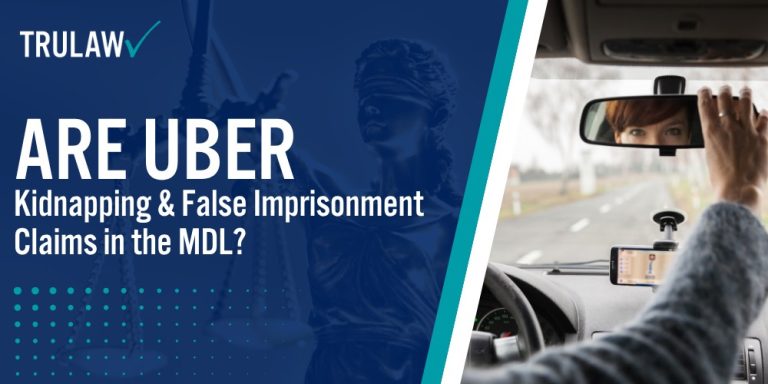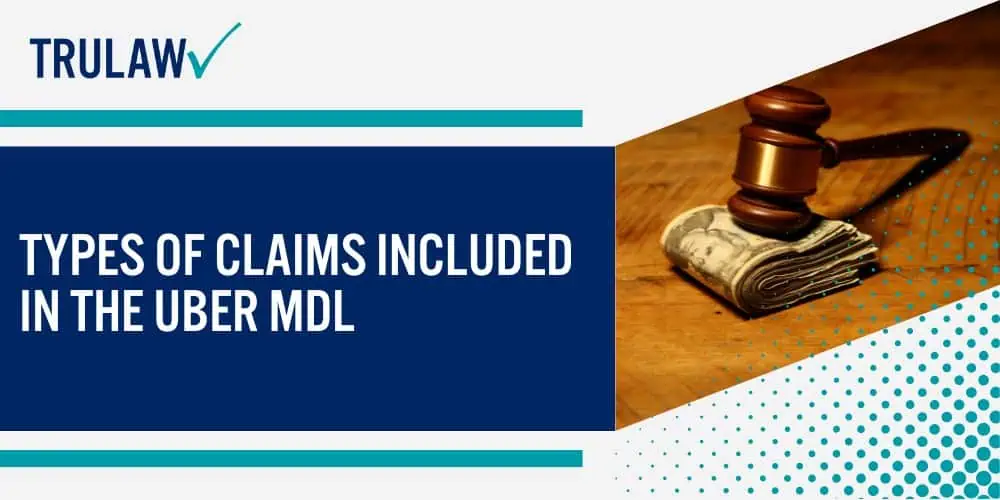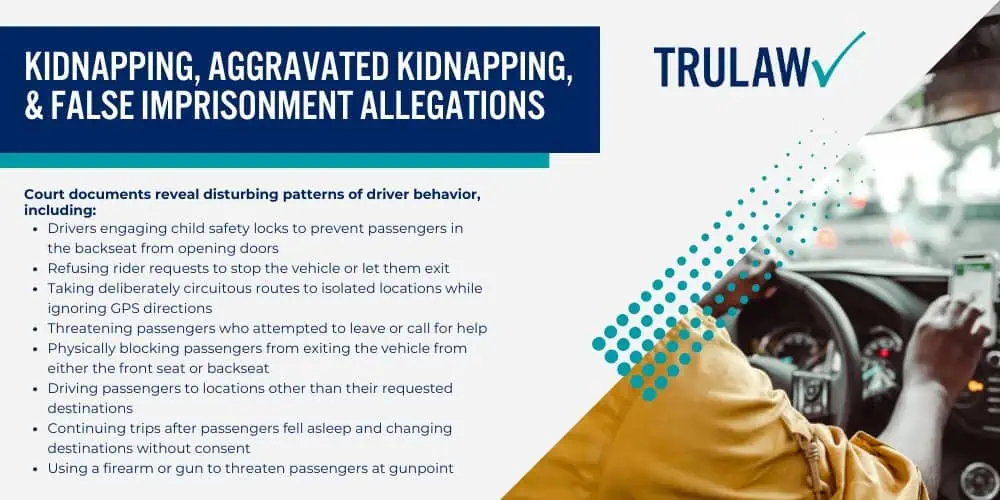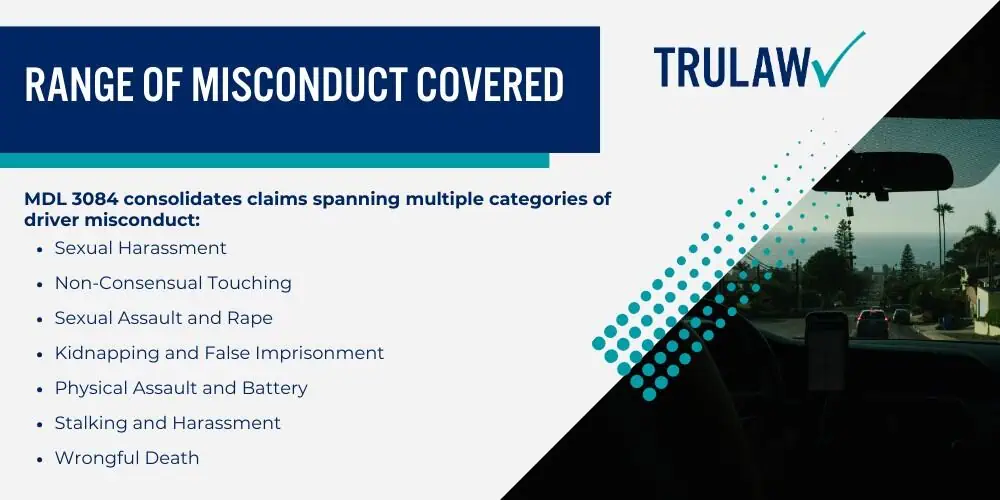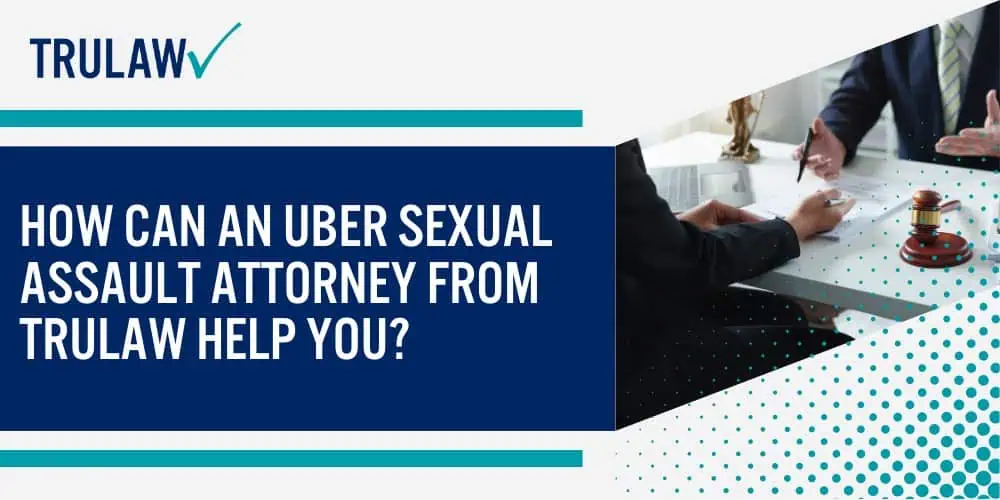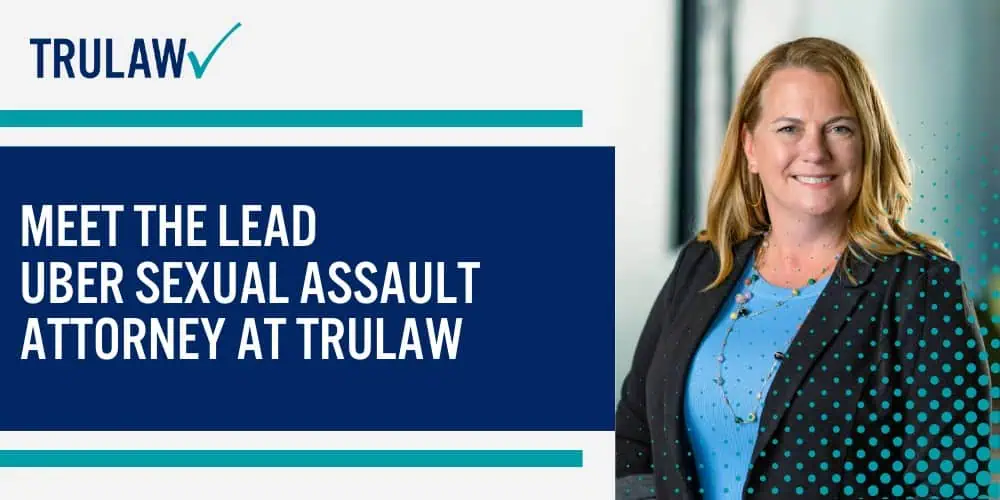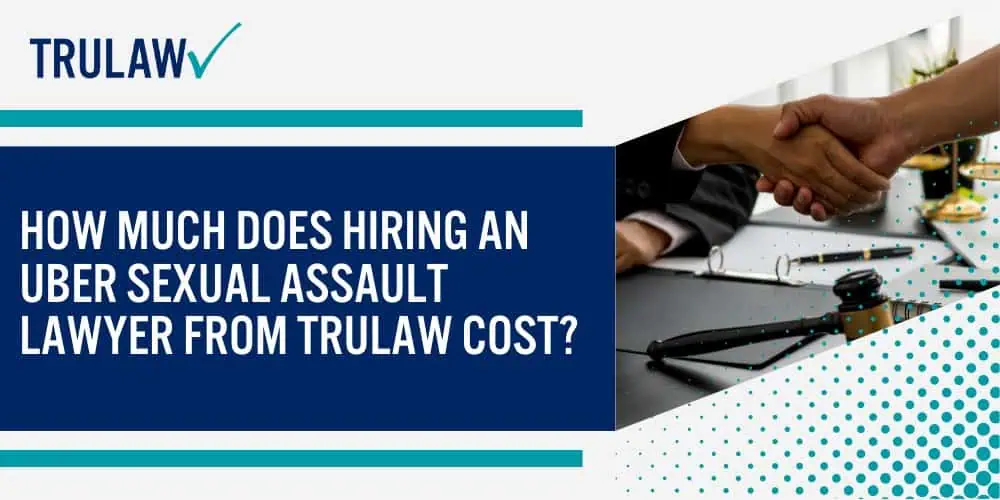Yes, kidnapping and false imprisonment claims are included in MDL No. 3084, currently pending in the Northern District of California under Senior District Judge Charles R. Breyer.
This consolidation brings together over 2,500 cases alleging various forms of driver misconduct against Uber passengers, including sexual assault, harassment, kidnapping, restraint, and other safety violations.
The litigation represents one of the largest rideshare safety cases in United States history, with the number of claims growing from just 22 initial cases when the MDL was established in October 2023 to 2,583 pending lawsuits as of September 2025.
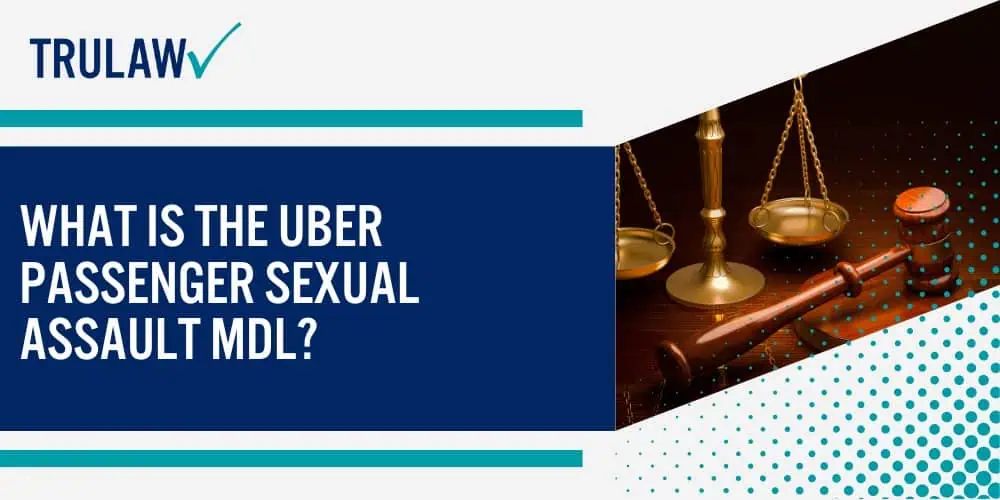
The Judicial Panel on Multidistrict Litigation created MDL 3084 to efficiently handle the surge of similar claims against Uber by consolidating pretrial proceedings while preserving each plaintiff’s individual right to pursue compensation for their unique damages.
This centralized approach allows assault survivors from across the country to coordinate legal strategies, share the costs of expensive discovery, and present a unified challenge to Uber’s alleged systemic failures in passenger safety and driver screening.
Grasping Multidistrict Litigation Procedures
Multidistrict litigation operates under 28 U.S.C. § 1407, a federal statute that authorizes the consolidation of civil cases from different federal districts when they share common questions of fact.
Unlike class actions where a representative plaintiff sues on behalf of an entire group, MDL preserves each individual’s separate lawsuit while streamlining the expensive and time-consuming pretrial phase.
This distinction matters for assault victims because they retain full control over their own cases, including decisions about settlement offers and whether to proceed to trial.
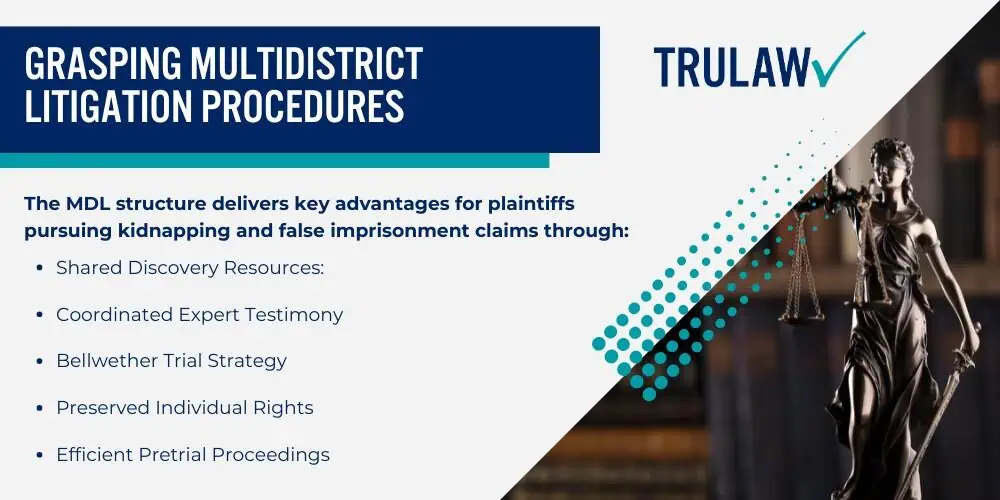
The MDL structure delivers key advantages for plaintiffs pursuing kidnapping and false imprisonment claims through:
- Shared Discovery Resources: Plaintiffs collectively obtain internal Uber documents, driver screening records, and safety reports that individual litigants could not afford to pursue alone
- Coordinated Expert Testimony: The litigation pools resources to hire leading experts in transportation safety, background screening practices, and trauma psychology who testify across multiple cases
- Bellwether Trial Strategy: Selected test cases go to trial first, establishing verdict ranges that inform settlement negotiations for thousands of remaining claims
- Preserved Individual Rights: Each plaintiff maintains their own lawsuit and can accept or reject settlement offers based on their specific circumstances and damages
- Efficient Pretrial Proceedings: Common legal motions, such as challenges to arbitration clauses or disputes over document production, are resolved once for all cases rather than repeatedly in different courts
Judge Breyer appointed leadership teams representing both plaintiffs and Uber to coordinate the litigation efficiently.
The court also designated the Honorable Gail A. Andler (Ret.) as Settlement Master in March 2025 to facilitate potential global settlement negotiations between the parties.
These appointments signal the court’s commitment to moving the litigation toward resolution while protecting the rights of assault survivors who experienced kidnapping, false imprisonment, sexual assault, and other forms of driver misconduct.
TruLaw partners with litigation leaders handling cases within MDL 3084 to provide clients with immediate case evaluations and access to experienced attorneys who understand the intricacies of rideshare assault litigation.
This partnership ensures that victims of kidnapping and false imprisonment receive the legal support necessary to hold Uber accountable for safety failures that enabled these traumatic incidents.
Current Status of the Uber MDL
MDL 3084 has grown dramatically since its establishment on October 4, 2023, when the Judicial Panel on Multidistrict Litigation consolidated 22 initial cases from 11 different federal districts.
The litigation experienced rapid expansion throughout 2024 and into 2025, with case filings accelerating as more assault survivors came forward to seek justice.
By August 2024, the MDL included 387 pending cases, but that number surged to 1,459 cases by December 2024.
As of September 2, 2025, according to official Judicial Panel statistics, the MDL now encompasses 2,583 pending lawsuits representing victims from at least 29 states.
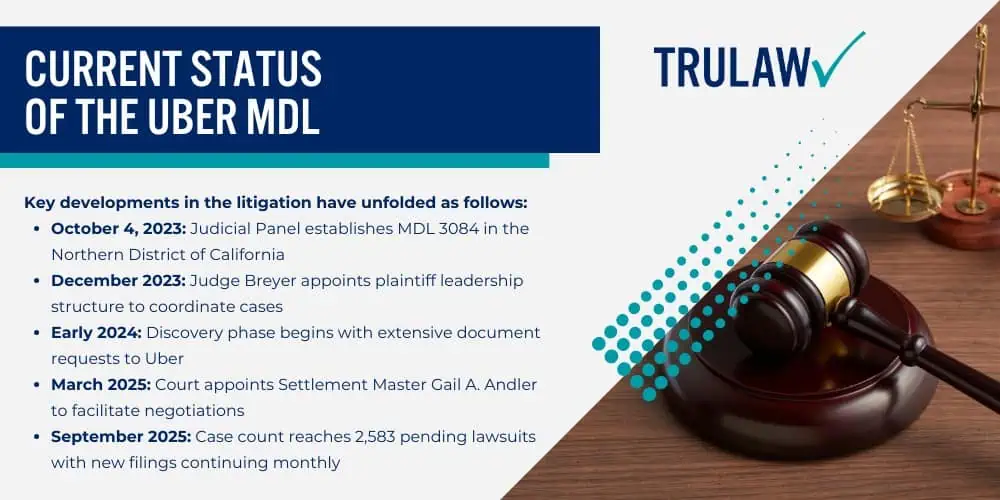
Key developments in the litigation have unfolded as follows:
- October 4, 2023: Judicial Panel establishes MDL 3084 in the Northern District of California
- December 2023: Judge Breyer appoints plaintiff leadership structure to coordinate cases
- Early 2024: Discovery phase begins with extensive document requests to Uber
- March 2025: Court appoints Settlement Master Gail A. Andler to facilitate negotiations
- September 2025: Case count reaches 2,583 pending lawsuits with new filings continuing monthly
Parallel to the federal MDL, over 600 additional Uber assault cases proceed through California state court under a coordinated proceeding known as the Judicial Council Coordination Proceeding (JCCP).
The first state court trial began in September 2025, with the jury deliberating on claims that Uber’s safety failures enabled a driver to sexually assault a passenger.
The outcome of this state trial, combined with the upcoming federal bellwether trials, will provide important benchmarks for valuing kidnapping and false imprisonment claims throughout the litigation.
The litigation currently remains in the pretrial phase, with attorneys conducting depositions of Uber executives, analyzing internal company communications about passenger safety, and preparing cases for the bellwether trial process.
Discovery has revealed information about Uber’s driver screening procedures, responses to prior passenger complaints, and internal discussions regarding safety feature implementation.
These discoveries form the foundation for claims that Uber’s corporate negligence created an environment where drivers could kidnap and restrain passengers with minimal oversight or accountability, increasing the likelihood of harm to vulnerable passengers.
If you or a loved one experienced kidnapping, false imprisonment, or other forms of assault during an Uber ride, you may be eligible to seek compensation.
Contact TruLaw using the chat on this page to receive an instant case evaluation and determine whether you qualify to file an Uber Sexual Assault Lawsuit today.
